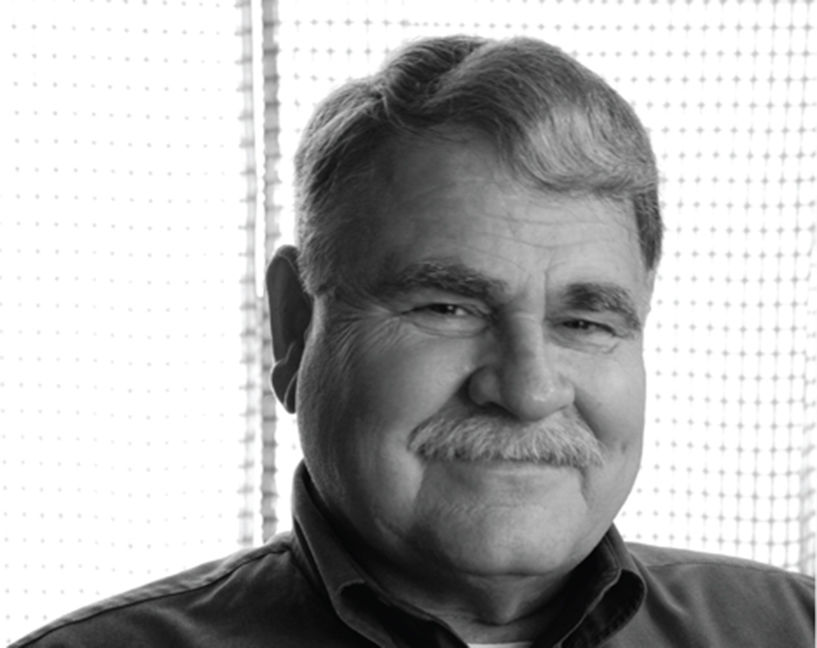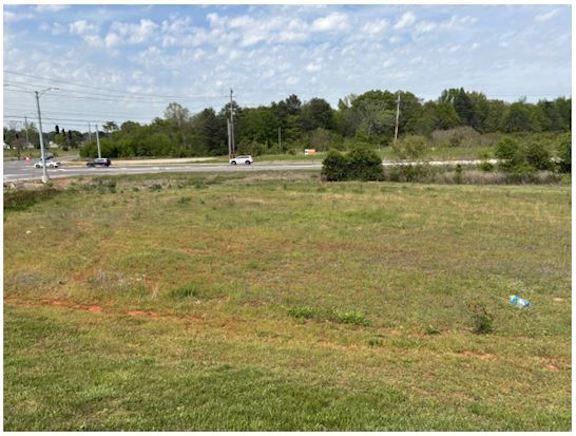THE OWL’S EYE: How long must we wait?
Published 11:30 am Wednesday, June 3, 2020

- John Davis
Today, American cities burn. Street violence by police has ignited hatred across our country. But we must ask, as the great orator and champion of freedom Frederick Douglas once said, “What to the Slave is the 4th of July?”
Trending
After slavery, after Jim Crow, after lynching, after voter suppression, and now extrajudicial executions in the streets, do African Americans even feel a part of our country?
Let’s ask ourselves, what is it we are trying to achieve, if not justice for all? Don’t we want a police that “serves and protects” everyone the same, no matter who they are? How long must we wait? How long?
Global Ties>Alabama sponsored a delegation of foreign civil and police officials to Montgomery to study combatting violent extremism. This visit coincided with confrontations then occurring in Ferguson, Missouri. As with all delegations, collegiality and friendships formed among all those who participated and sponsored the events.
Trending
On this occasion, I spoke one evening to a city councilwoman from the long divided city of Belfast, Northern Ireland, and a Muslim police officer from London. Again, we met during the Ferguson, Missouri, confrontations. We asked each other, “What can we, right here, right now, do to stop what seems an intractable problem like this?” The Northern Irish councilwoman gave wise advice.
She said she would send me the very documents that they used to create “community policing” in Northern Ireland after their Good Friday Peace Accord of 1998. It has worked from then until now, making all people feel a part of the community, both police and citizens. It has worked in an area which was in conflict with itself for more than 800 years. I offer a greatly summarized version of those ideas here. My prayer is that we can find some way to use this:
• Any reform process must be clear and transparent. The police need to build relationships with the community that are not simply about upholding the rule of law. They are also about creating trust, engagement and improving quality of life in a community.
• It is important any reform places an emphasis on the “human side” of policing and allows officers the time and resources to build meaningful links with the people they are serving. There must be some form of recognition from the police that trust and respect have to be earned. Time and resources for personal outreach must be allowed;
• It is imperative that police can identify with their public. Communities emerging from conflict find it challenging to identify and build relationships with institutions. They find it much easier to associate with individuals and construct meaningful dialogue with specific officers. Therefore, institutions must encourage officers to establish personal links and associations with communities. Through this means, empathy between the public and the institution will emerge;
• Communities need to be empowered and feel they can actively contribute and participate in the policing institution. One method which works has been through consultation. It is important the police create opportunities for consultation and engage their communities on issues important to them. However, it is crucial the police use their increased knowledge to deliver real and practical change within communities. Reform “policing” entails much more than the police. Other public bodies have a significant role in delivering policing and community safety initiatives; and
• It is important that any police reform process takes into consideration other public bodies and agencies such as health, education and employment to complement existing approaches around policing and community safety. The sharing of information between official and (where possible) community groups is key to identifying needs and prioritizing resources to improve quality of life.
— John William Davis is a retired U.S. Army counterintelligence officer, civil servant and linguist. He was commissioned from Washington University in St. Louis in 1975. He entered counterintelligence and served some 37 years. His published works include “Rainy Street Stories: Reflections on Secret Wars, Terrorism and Espionage” and “Around the Corner: Reflections on American Wars, Violence, Terrorism and Hope.”





